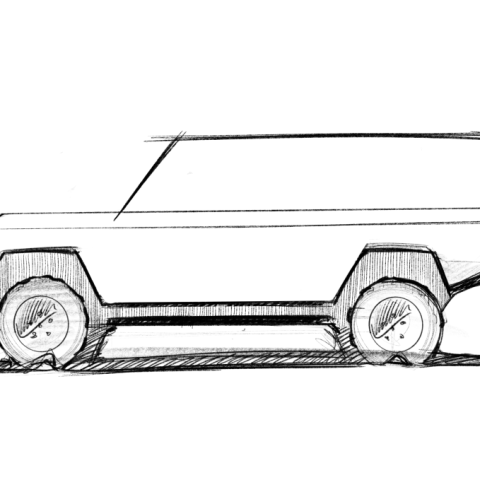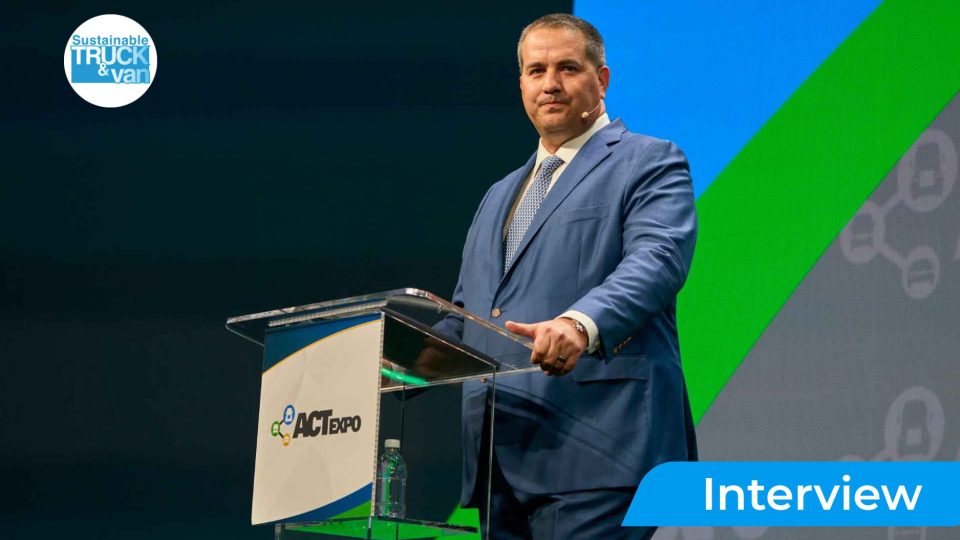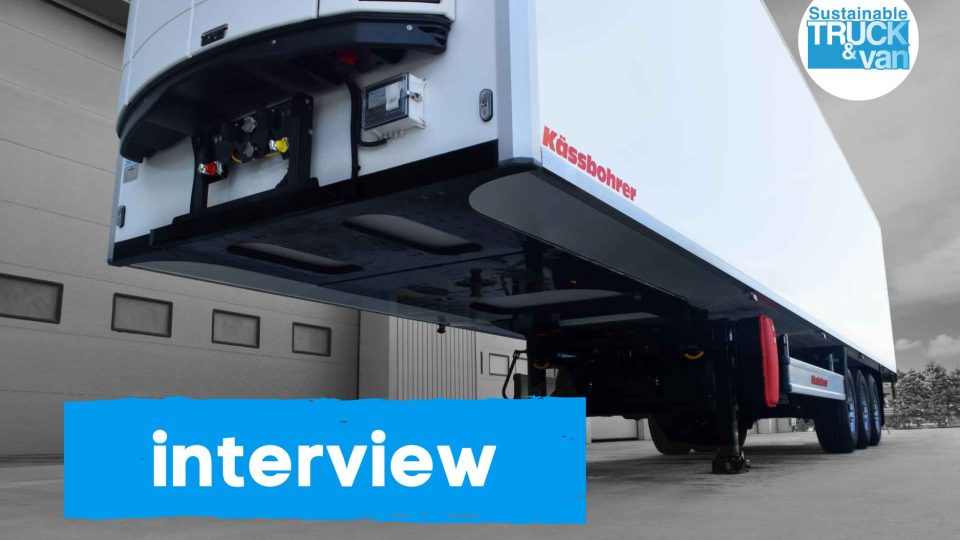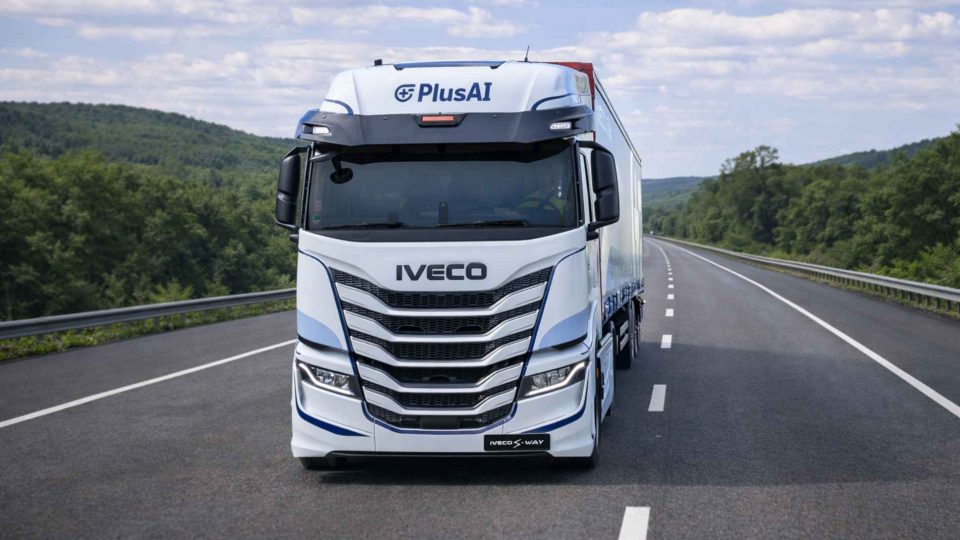Scottish Munro Vehicles’ electric 4×4 to be unveiled early in December
Designed and built in Britain, the Munro will be the first vehicle to enter volume production in Scotland in more than four decades. The e-vehicles is addressed to numerous sectors including construction, agriculture, mining, forestry, mountain rescue, remote infrastructure maintenance, and leisure

Scottish manufacturer Munro Vehicles is about to reveal its brand-new alla electric 4×4, the Munro MK_1, on 5 December. Designed and built in Britain, the Munro will be the first vehicle to enter volume production in Scotland in more than four decades.
According to the manufacturer, the Munro’s all-terrain ability and advanced all-electric powertrain make it an ideal choice for those seeking to minimise their environmental footprint in numerous sectors including construction, agriculture, mining, forestry, mountain rescue, remote infrastructure maintenance, and leisure without compromising on performance or capability.
Munro Vehicles’ electric 4×4 soon to come
The Munro is engineered to effortlessly transport a crew of five to the most rugged locations, accommodating an 1000 kg payload and 3500 kg towing capacity. Intensely focused on off-highway performance, reliability, ease-of-repair and longevity, the Munro is engineered to provide owners and operators with decades of service.
Munro CEO, Russell Peterson, commented: “This early sketch of the Munro MK_1 by our award-winning in-house designer Ross Compton, underlines our design commitment to build an all-terrain electric 4×4 engineered from the wheels up to provide unparalleled workhorse capability for commercial customers looking to decarbonise their fleets. The Munro MK_1 will effortlessly go to places others can’t reach, with bulletproof durability and ultra-low running costs”.

















